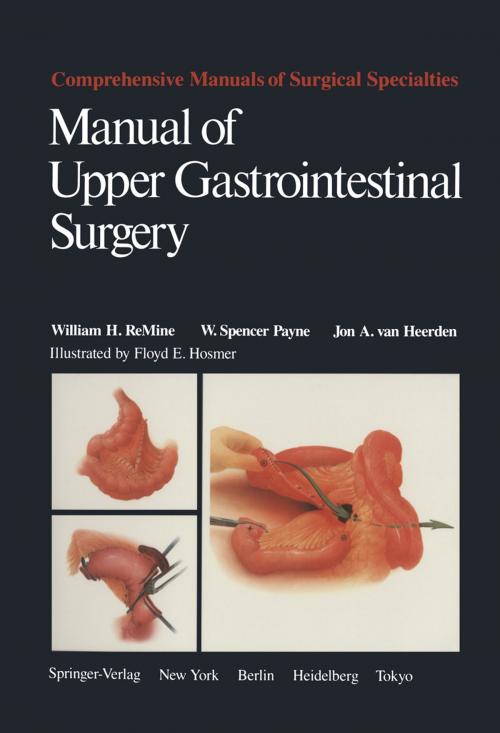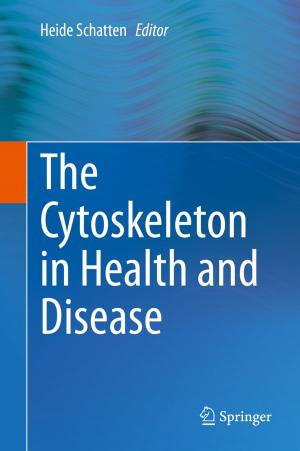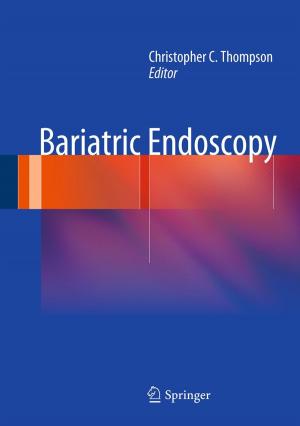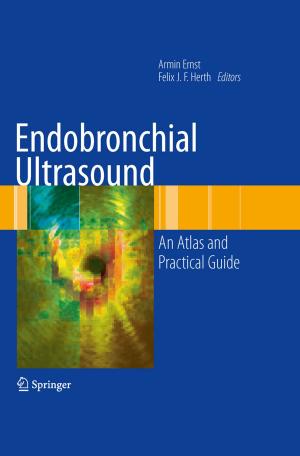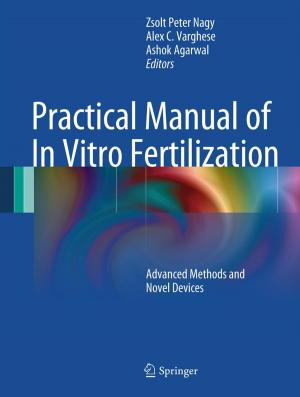Manual of Upper Gastrointestinal Surgery
Nonfiction, Health & Well Being, Medical, Specialties, Internal Medicine, Gastroenterology, Surgery| Author: | William H. ReMine, W. Spencer Payne, Jon A. van Heerden | ISBN: | 9781461251200 |
| Publisher: | Springer New York | Publication: | December 6, 2012 |
| Imprint: | Springer | Language: | English |
| Author: | William H. ReMine, W. Spencer Payne, Jon A. van Heerden |
| ISBN: | 9781461251200 |
| Publisher: | Springer New York |
| Publication: | December 6, 2012 |
| Imprint: | Springer |
| Language: | English |
The Manual of Upper Gastrointestinal Surgery was compiled as an aid to surgeons, residents, and students who want to acquire a broader knowl edge of the surgical techniques used in the upper gastrointestinal area. Of necessity, a considerable amount of the work of a general surgeon will be confined to this region. The techniques described herein are those preferred by the authors and most, but not all, of their colleagues at the Mayo Clinic. No attempt has been made to include all of the available possibilities and technical varia tions. Likewise, no attempt has been made to include many of the stapling techniques. Although they are good and quite useful, their inclusion would require a complete and separate volume. The omission of an accepted procedure is not meant as a criticism; our aim was to emphasize only the techniques that are most commonly used in day-to-day practice. Gains in knowledge about the anatomy and physiology of the esopha gus, stomach, and duodenum have been highly instrumental in the devel opment of surgical procedures in these areas, particularly the techniques for benign diseases (for example, ulcer, gastritis, and esophagitis).
The Manual of Upper Gastrointestinal Surgery was compiled as an aid to surgeons, residents, and students who want to acquire a broader knowl edge of the surgical techniques used in the upper gastrointestinal area. Of necessity, a considerable amount of the work of a general surgeon will be confined to this region. The techniques described herein are those preferred by the authors and most, but not all, of their colleagues at the Mayo Clinic. No attempt has been made to include all of the available possibilities and technical varia tions. Likewise, no attempt has been made to include many of the stapling techniques. Although they are good and quite useful, their inclusion would require a complete and separate volume. The omission of an accepted procedure is not meant as a criticism; our aim was to emphasize only the techniques that are most commonly used in day-to-day practice. Gains in knowledge about the anatomy and physiology of the esopha gus, stomach, and duodenum have been highly instrumental in the devel opment of surgical procedures in these areas, particularly the techniques for benign diseases (for example, ulcer, gastritis, and esophagitis).
